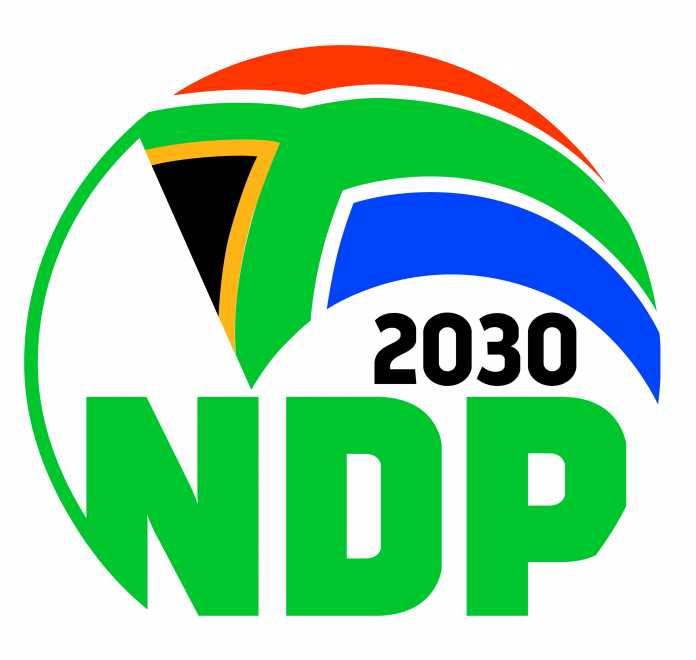There is a very critical 10-year milestone in South Africa’s development agenda that is quietly sailing through this year with little or no attention at all, at least in the sphere of public engagement. It is 10 years since the National Development Plan (NDP) was adopted in 2012. This low-key anniversary may be a reflection of South Africa’s status of development since 2012.
The biggest irony in this 10-year anniversary is that there are growing narrative voices on South Africa being a “failing state”. Some go as far as arguing that it is a “failed state”.
Quite concerning in this regard is that the NDP includes a chapter dedicated to measures on “building state capacity” to perform optimally. Therefore, South Africans should be experiencing enhanced state performance, and a government that delivers prudently on both public goods and services.
South Africa is not a failed state, but 10 years of the NDP and its commitment to state capacity building has seen the deepening of some serious risks that threaten democratic consolidation. These, among others, include: deepening power cuts that threaten every aspect of socio-economic life; emerging water supply crisis that are bringing their own version of shedding; erosion of municipal infrastructure and service delivery; youth unemployment; the state capture phenomenon that manifests the erosion of governance in the manner of running government business; and the emergence of fragile coalition governments that threaten service delivery.
Practitioners of organisational risk assessment and management would categorise the above as being in the red. That is, a dangerous situation that needs to be rescued at all levels. In essence, if the above situation continues, the narrative of a failing state is likely to become a reality.
The inability to build a capable state and a functional government risks a situation wherein government might have to adopt emergency governance measures. In South Africa’s multi-party competitive system, politicians within any governing party, would find this very appealing.
The inherent danger is that this would be prone to corruption in a country that battles to arrest and prosecute individuals suspected of corruption.
Thus, the holistic success of the NDP relies on a capable state, and in particular, a productive government. The 10-year anniversary should reflect how the capacity of the state, and the productivity of government have been strengthened, or even weakened.
Issues such as the Covid-19, the KZN floods, and the politically inspired unrest, have provided a test on the resilience of the South African state, and government capability. Covid 19 crystallised South Africa’s socio-economic fragility particularly in the sector of human settlement, water and sanitation, health and education infrastructure. This provides a point of reference on whether the NDP’s endeavour to build a capable state is yielding a government that can respond to society’s challenges effectively, and timeously.
Perhaps this is where the essence of the NDP lies – citizen satisfaction. The government’s “Batho Pele” principles capture a citizen-centric governance, yet, much more needs to be done in entrenching this value system.
A cursory reflection on the 10 years of the NDP indicates that government needs to act with urgency in the delivery of goods and services. This requires a qualitative political leadership as the policy and strategy custodians. Similarly, it requires a qualitative bureaucratic leadership and management that is productivity focussed and citizen centric. The professionalisation of the public sector framework adopted by cabinet seeks to address this challenge.
The centrality of realising the NDP goals is dependent on a capacitated state. This requires that building a working government should not be a series of isolated initiatives, but a well-integrated and coordinated delivery model.
In this regard, it is a welcome development that the DPSA, with the University of KwaZulu-Natal, the National Planning Commission; and the KwaZulu-Natal government is hosting a conference to review state capacity and government performance over the 10 years of the NDP.
- Hlophe is deputy-director general at the DPSA
Follow @SundayWorldZA on Twitter @sundayworldza on Instagram, or like our Facebook Page, Sunday World, by clicking here for the latest breaking news in South Africa. To Subscribe to Sunday World, click here.



